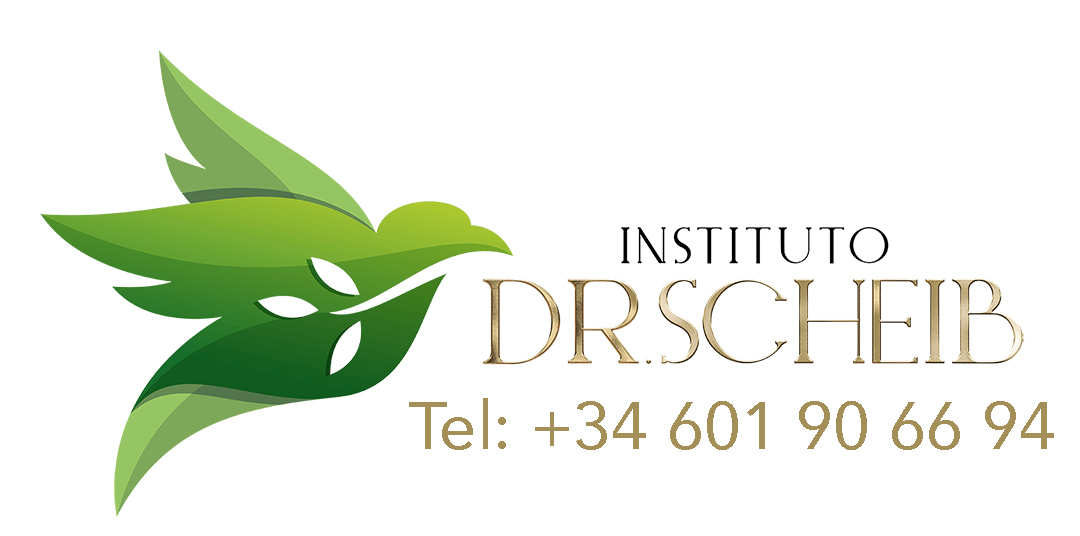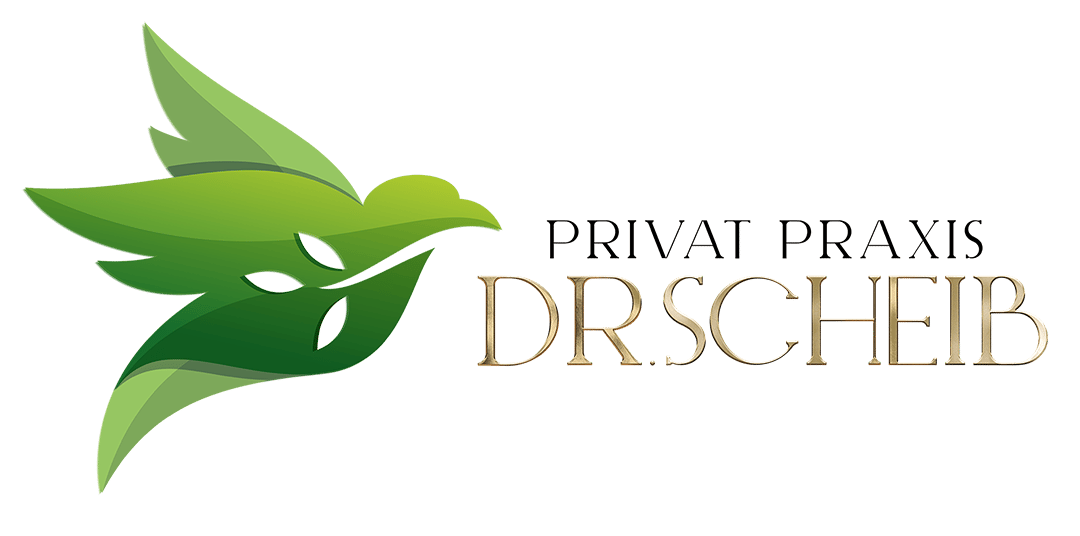Ketamine therapy for the treatment of depression, posttraumatic stress disorders (PTSD) and obsessive-compulsive disorder (OCD)
Ketamine therapy is a relatively new procedure, although Ketamine has been used as an anesthetic for many decades, for short anaesthesia during minor surgical procedures as well as in the emergency medicine. Today, Ketamine therapy is used successfully in the treatment of depressions , posttraumatic stress disorders (PTSD) and obsessive-compulsive disorder (OCD).
Ketamine has proven as an effective antidepressant. Ketamin therapy is used especially where other medicaments fail, because it disposes of another mechanism of action. And it has a great advantage compared to all other antidepressants: Ketamine works immediately and reduces suicidal thoughts on the same day of the treatment.
Read our FAQ´s about Ketamine.
During the Ketamin therapy at our ketamine treatment center on Mallorca or our practice in Sotogrande, ketamine it is administered in a very small dose to achieve the antidepressant effect. The infusion takes about 40 minutes. The Ketamin therapy is nearly free of any side effect. The little side effects that may occur, disappear immediately on finishing the infusion.
Possible side effects can be a feeling of warmth and dizziness, as if slightly drunk.
Of course, the patient is thoroughly examinated before the infusion takes place. With certain patients (high blood pressure, heart irregularities, psychoses) precautions can be taken.
It seems though that the treatment with Ketamine as an infusion and under supervision is too complex for many clinics.
The majority of the patients report a clearly improved mood and clearer thinking immediately after the first infusion of the Ketamin therapy. This effect is usually even more pronounced on the following day, although the substance is no longer detectable in the body, due to its extremely short half-life. This effect lasts for days to months, sometimes even years.
In our unique Ketamine therapy we take advantage of the fact that Ketamine improves the neuroplasticity. Patients are thereby more receptive to psychotherapy and neurofeedback. This creates an important window of time, in which intense therapeutic work with the patient is imperative to achieve a lasting change.
Especially in the case of serious depressions, usually the learning ability is reduced and complicates psychotherapy and neurofeedback therapy.
A Ketamine therapy also seems to be particularly effective in depression caused by chronic pain or depressions that express themselves in pain (Somatized Depression).
As more and more studies on the effect of this substance appear, it proves itself effective not only in depression but also in posttraumatic stress disorders. In addition, it reduces the urge for consumption with patients who suffer from opioid dependency. We are also using ketamine therapy in the treatment of alcohol and drug dependency.
How our ketamine therapy works
A so-called fast-track procedure for depression is currently underway in the US to get approval for depression. But the use of the preparation as an off-label therapy is also unproblematic in Europe:
Since Ketamine is an approved medical substance, it only requires the detailed information of the patient. Off-label therapies are completely normal and common in many fields of medicine.
The effectiveness of Ketamine therapy for treating obsessive-compulsive disorder (OCD) has been confirmed by various studies. A significant reduction or disappearance of symptoms for several weeks after a single infusion has been observed in many patients. This time can be used for intensive psychotherapy, so that a permanent pharmacological therapy is often avoidable.
Contact us now and one of our therapists will get in touch with you shortly to find the best possible therapy for you
For more information about Ketamin therapy on the US National Library of Medicine National Institutes of Health:
https://www.ncbi.nlm.nih.gov/pmc/articles/PMC4359177/
https://www.ncbi.nlm.nih.gov/pubmed/26392114
http://mhc.cpnp.org/doi/full/10.9740/mhc.2017.01.016?code=cpnp-site#.WZp3KSmtERM.email








